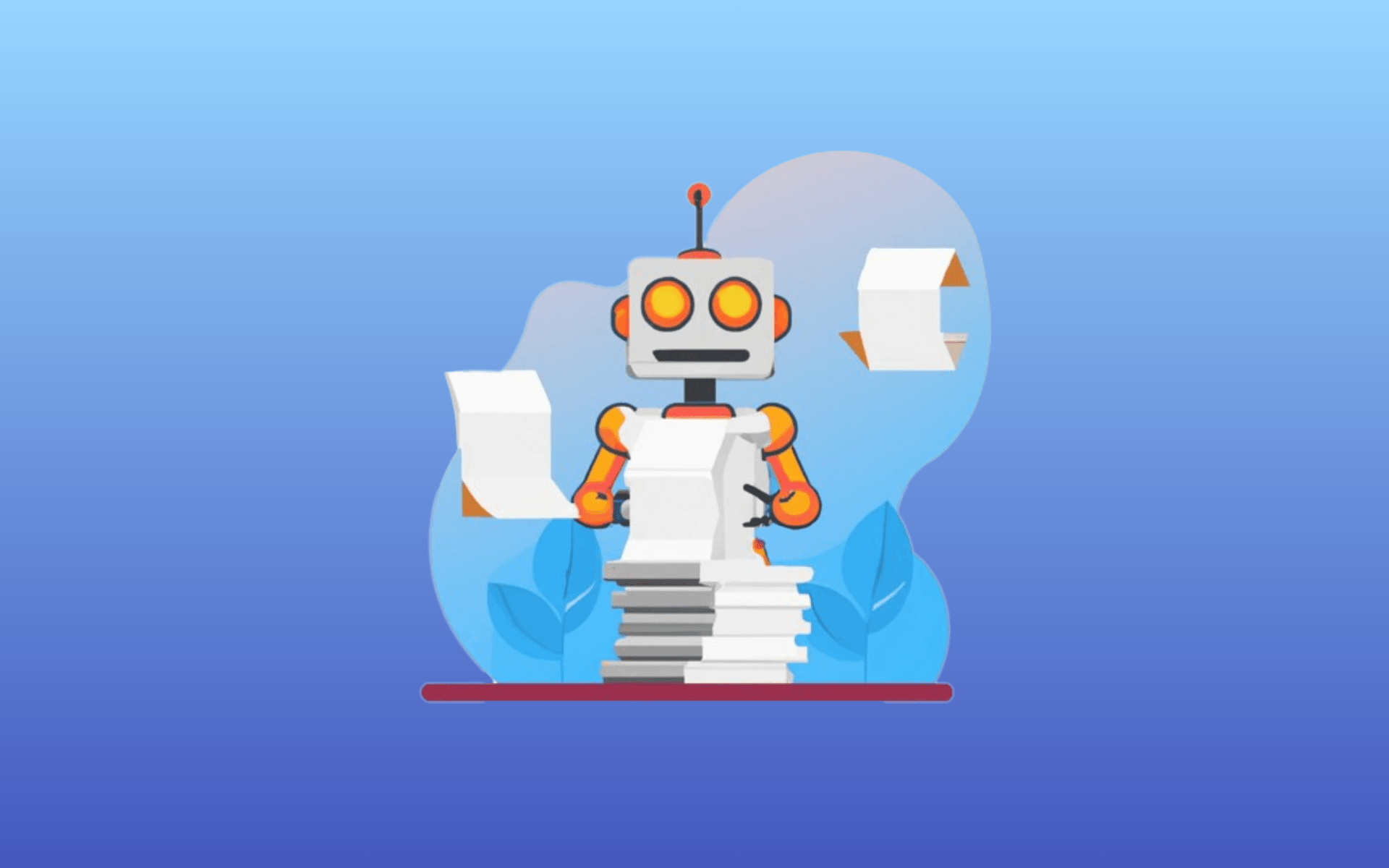Amidst the rapid advancement of technology, a persistent inquiry preoccupies our thoughts: are the articles, posts, and stories we encounter online truly written by humans?In an era characterized by the remarkable speed of technological advancement, this question highlights our collective sensitivity to the subtle consequences of artificial intelligence.
As we uncover the reality of how much online content is AI generated, this article will also discuss its implications for the future, and discover the interplay between technology and the human touch.
How Much Online Content Could Be AI Generated?

The prevalence of AI-generated content in our digital sphere, detected by tools like AI Detector and ChatGPT detector, is astonishing yet unsettling. NewsGuard, an organization tracking misinformation, revealed that 49 news sites, including Celebritiesdeaths.com, are “almost entirely written by artificial intelligence software.” These platforms churn out an astounding number of articles daily, and it’s not uncommon for an AI content detector to identify them. These articles are often marred by insipid language and recurring phrases, indicative of significant AI involvement.
This surge in AI-generated content, estimated to be 30% of web content, results from advances in Natural Language Processing (NLP) algorithms. AI systems can now mimic human-like text, blurring the line between human and machine-created content.
This rise presents profound implications, from a lack of human insight to the dissemination of false information. The absence of clear sources and authentic bylines challenges the credibility of content. Alarming as it is, experts’ fears about entire news organizations being generated by AI have become reality, raising questions about the authenticity of the information we consume and the role of human creativity in the digital age.
What Does it Mean for Online Content in the Future?

The future of online content is poised on the precipice of transformation. A significant shift is underway, with experts predicting that by 2026, up to 90 percent of online content could be synthetically generated using artificial intelligence, as will the surge of using advanced AI detection, especially an AI writing detector.
This technological advancement not only streamlines production but also raises critical questions about authenticity, creativity, and the very essence of human expression. What does the future hold for the content we consume and create? Let’s delve deeper into the implications.
The Positives:
- Efficiency: AI-generated content can be produced at a much faster rate than human-generated content, enabling businesses to maintain a consistent online presence.
- Cost-Effectiveness: Automating content creation reduces the costs associated with hiring writers, making it an attractive option for businesses with limited budgets.
- Personalization: AI algorithms analyze user behavior to create personalized content, enhancing user experience and engagement.
The Negatives:
- Quality Concerns: While AI can produce coherent text, it might lack the depth, creativity, and emotional resonance that human-created content often possesses.
- Ethical Dilemmas: AI-generated content raises ethical questions regarding plagiarism, authenticity, and the potential for misinformation. AI text detector’s inconsistency in discerning AI from human writing further intensifies such concerns.
- Job Displacement: The widespread adoption of AI in content creation could lead to job losses not just in writing and editing sectors, but also in retail, customer service and more.
Final Thoughts: Is ChatGPT the best AI?
The rise of AI-generated content signifies a significant milestone in the digital era. While it offers unprecedented efficiency and convenience, it also begs the question, “how much online content is AI generated?” and challenges us to redefine the standards of quality and authenticity in the content we consume.
As we move forward, it is imperative to tread carefully, embracing the advantages of AI while preserving the essence of human creativity in the digital realm.




